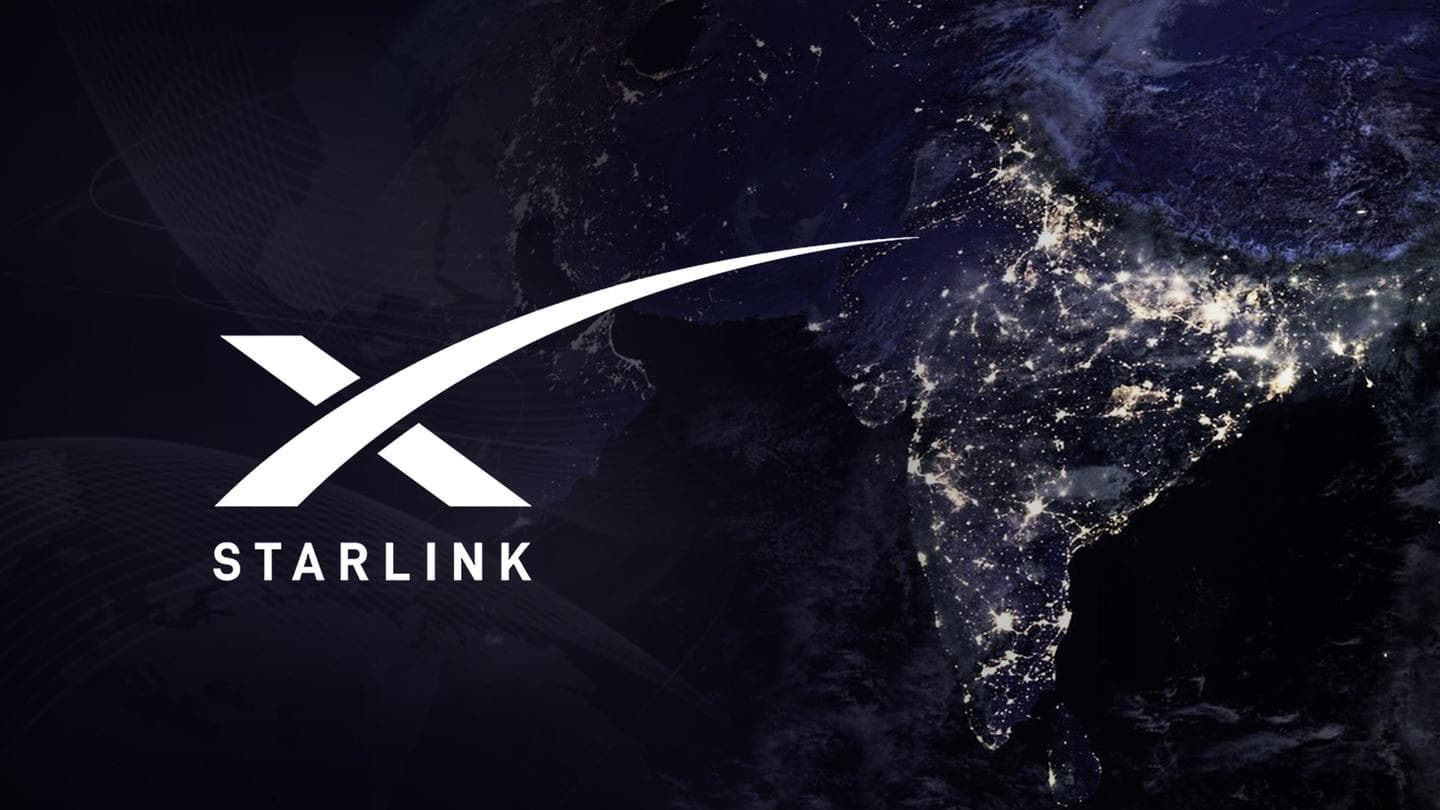
Elon Musk's Starlink to offer cheaper internet in India
What's the story
Since earlier this year, Elon Musk-led SpaceX's satellite internet service, called Starlink, has been in the news for its ability to offer high-speed internet in the remotest parts of the world, including in rural India.
Now, Starlink is planning to subsidize its pricing in the country to make the service more widely accessible as it explores its prospects here.
Here are more details.
What’s Starlink?
Starlink could partner with telecom companies to improve rural reach
For the uninitiated, Starlink beams internet directly to end-users and local centers via an interconnected network of satellites orbiting in low-Earth orbit (LEO).
Starlink began accepting pre-bookings in India earlier this year and received a decent response in the country. It is also considering partnering with telecom majors to expand broadband services with a focus on rural areas.
Director speaks
Passing costs to consumer would make Starlink unaffordable in India
Starlink India's Director Sanjay Bhargava recently said the company's service is expensive and passing the costs to the consumer would make it unaffordable in India. He implied that Starlink would need to offer services that justify the pricing.
In a video last month, he revealed a phased plan to cater to rural India where the internet is difficult to access, using hardware kits.
Phase one
Discussions will begin after NITI Aayog identifies phase one districts
Starlink intends to operate 1.6 lakh of the two lakh devices in India's rural communities.
Last week, the Starlink chief expressed interest in collaborating with telecom industry giants to expand services in rural India.
He said discussions with broadband providers will commence once NITI Aayog identifies 12 districts for the first phase and interest levels of various players are ascertained.
To the stars
Soon, Starlink could offer direct-to-home Gbps speeds
Starlink is accepting pre-orders for its services in India and has received over 5,000 of them so far. One can book a pre-order slot for $99 or Rs. 7,350 for a single connection.
The service claims to deliver internet speeds ranging from 50 to 150 Mbps in the beta phase. Speeds would touch the 1 Gbps mark once more satellites go online.